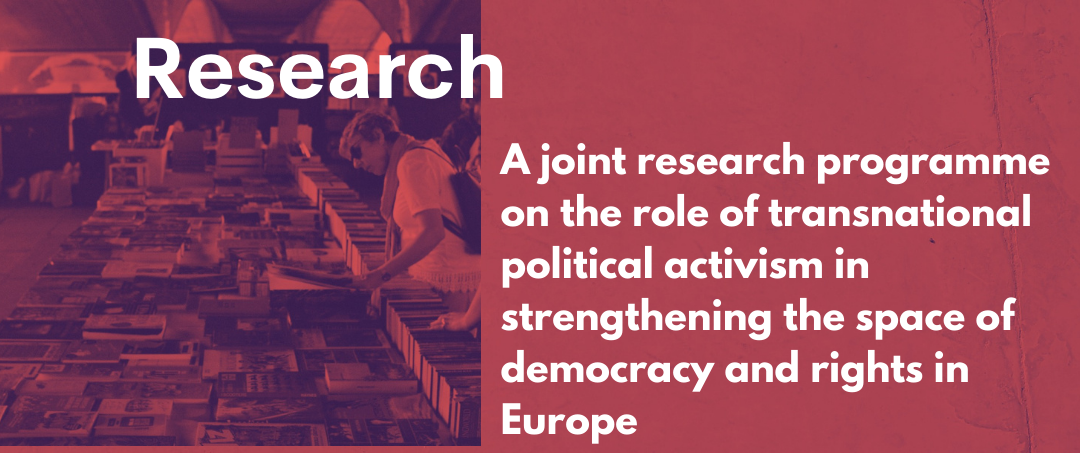Knowing forests, living with fire
Decades of merely utilitarian management have made forests in Europe more vulnerable to extreme fires. To address this threat, a change of direction is needed that respects their complexity, also addressing the taboo of controlled fires
More News
MIGRAVOICE The Fates of Two Young People: Migration
Yerevan | Armine Avetisyan | 23/4/2025Multimedia
 Austro-Hungarian spas in Romania
Austro-Hungarian spas in RomaniaBăile Herculane is among the oldest and most popular spas in Romania. It reached the peak of its splendour in the second half of the 19th century, when the region was part of the Austro-H...
 Azerbaijanis in Georgia celebrate Novruz with a surreal twist
Azerbaijanis in Georgia celebrate Novruz with a surreal twistIn Georgia, the Azerbaijani community celebrates Novruz like in Azerbaijan, but in the village of Sartichala-Mughanlo, the celebration takes a unique turn: costumes, fires and a fund...
 Easter in Tbilisi: a night of light, faith, and tradition
Easter in Tbilisi: a night of light, faith, and traditionAs midnight arrived in Tbilisi, Easter awoke in a glow of candles and prayer. This year, for a change, Georgian Orthodox and Armenian Apostolic Easter occurred on the same day, April 20,...
Appetite for wood: disappearing forests of Albania
Despite the 2016 moratorium, illegal logging continues in Albania, fueled by corruption, weak law enforcement, and European demand, particularly from Italy. However, new EU regulations designed to combat this issue risk pushing small businesses toward timber mafias
Knowing forests, living with fire
Decades of merely utilitarian management have made forests in Europe more vulnerable to extreme fires. To address this threat, a change of direction is needed that respects their complexity, also addressing the taboo of controlled fires
Greece, historic legalisation of same-sex marriages
Greece has made history by becoming the first Orthodox-majority country to legalise same-sex marriage. A step that comes after a long journey, marked by strong opposition from the Church and conservative forces in the country
The Media Freedom Resource Centre is an online platform enabling quick and easy access for journalists, media experts, policy makers and the broad public to an ever-growing collection of resources on media freedom in Europe. Developed by OBC and the European Centre for Press and Media Fredoom
Research
In 30 of Europe's biggest cities, streets named after women make up only 9 per cent of the streets dedicated to individuals. The imbalance has started to narrow in some places, but progress is too slow: at this rate, it would take centuries to really close the gap.
Publication
by Fazila Mat, Luisa Chiodi and Oliver Schmidtke
Social Sciences






















 To Top
To Top